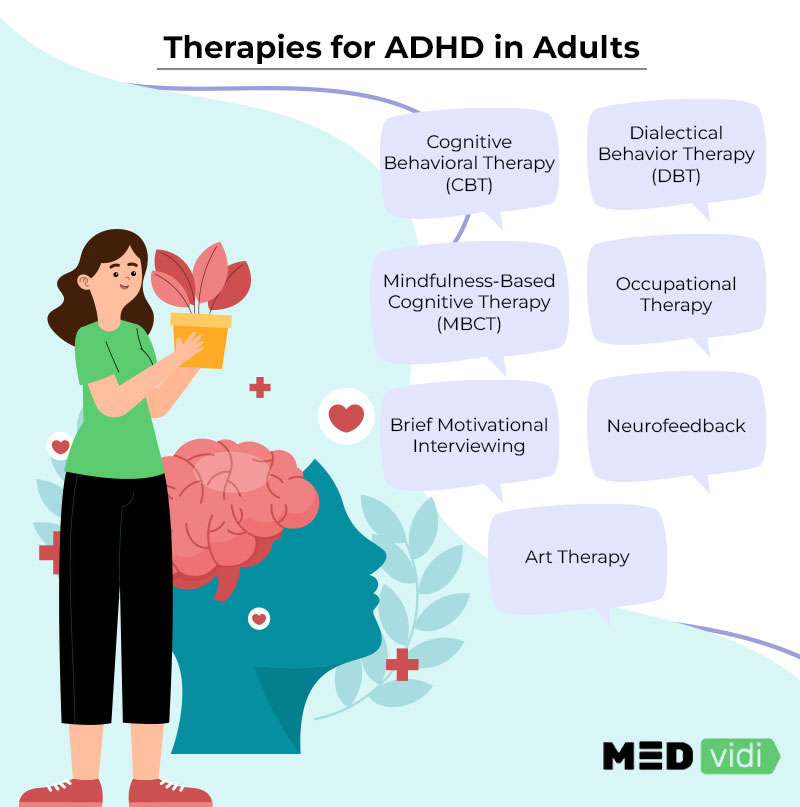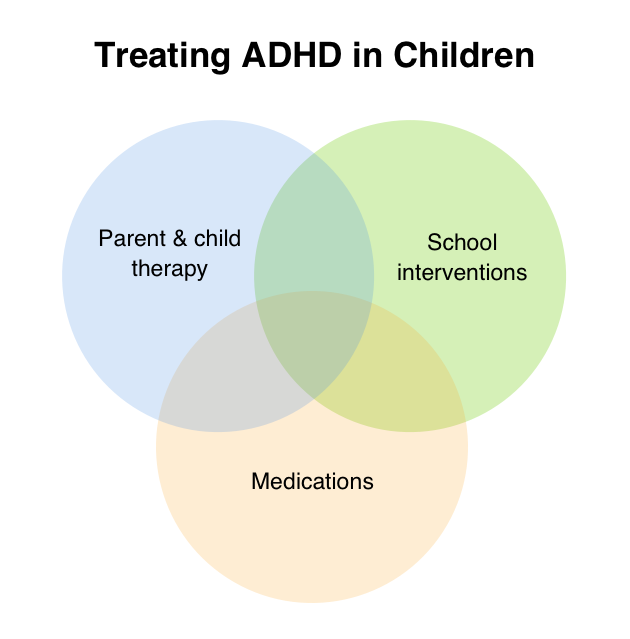Mental Health Services Designed for Improved Care Needs
Mental Health Services Designed for Improved Care Needs
Blog Article
Your Guide to Finding the Right ADHD Treatment for Lasting Outcomes
Browsing the intricacies of ADHD therapy requires a nuanced understanding of both the condition and the myriad options offered for efficient administration. It is vital to acknowledge that what works for one person might not necessarily produce the very same outcomes for another.
Comprehending ADHD and Its Effect

In grownups, ADHD can cause difficulties in work environment environments, affecting productivity, time monitoring, and social connections. Commonly, undiagnosed or incorrectly managed ADHD can add to co-occurring psychological wellness problems, such as stress and anxiety and depression, more making complex an individual's overall health.
The social perception of ADHD can vary, bring about preconception and misunderstanding, which might impede individuals from looking for assistance. As awareness expands, it is necessary to promote an environment that advertises understanding and support for those affected by ADHD, stressing the requirement for exact medical diagnosis and tailored approaches to alleviate its influence on day-to-day life.
Summary of Therapy Choices
A comprehensive strategy to treating ADHD incorporates a range of alternatives tailored to the individual's distinct demands. These choices can generally be categorized right into behavioral treatments, psychoeducation, and lifestyle alterations, alongside medicinal therapies that may be discovered later.
Behavior treatments, such as cognitive-behavioral therapy (CBT), concentrate on modifying certain actions and establishing coping approaches to manage signs effectively. Psychoeducation plays an important duty in empowering both people and their family members by offering info concerning ADHD, its challenges, and efficient approaches for support.
Lifestyle adjustments can dramatically impact ADHD administration. Routine physical task, a balanced diet plan, and appropriate rest contribute to overall wellness and sign control. Mindfulness techniques and leisure strategies can also enhance focus and decrease impulsivity.
Support system and family members treatment can cultivate a feeling of neighborhood and understanding, helping people feel much less isolated in their experiences. Each treatment option must be considered combined with the individual's preferences and conditions, making certain a holistic strategy that advertises long-lasting success. Eventually, the objective is to create a customized treatment strategy that attends to the details obstacles connected with ADHD while enhancing general lifestyle.
Medication: Pros and Disadvantages
Medication plays a pivotal role in the treatment of ADHD, with countless options readily available that can considerably ease signs for numerous people. Stimulants, such as methylphenidate and amphetamines, are frequently recommended and have actually shown performance in boosting emphasis, minimizing impulsivity, and improving total actions. These medicines function by increasing dopamine and norepinephrine degrees in the brain, which are commonly dysregulated in those with ADHD.
Some individuals might experience side results, consisting of insomnia, decreased hunger, or enhanced anxiousness. Additionally, not all individuals react to stimulant medicines, leading some to discover non-stimulant alternatives, which may have a postponed onset of action or various side results.
It is important for people and their family members to weigh these benefits and drawbacks carefully. Balancing the benefits of sign monitoring against potential side impacts is critical for achieving optimal treatment outcomes. Partnership with medical care service providers can assist in enlightened choices, ensuring that medication becomes part of a detailed ADHD administration strategy.
Behavior Modification Strategies

One typically used approach is Cognitive Behavioral Therapy (CBT), which assists people recognize and change unfavorable thought patterns that add to ADHD-related obstacles. Therapist for ADHD. Through CBT, clients discover to set sensible objectives, take care of time effectively, and establish organizational systems
One more efficient method is Parent Management Training (PMT), which informs moms and dads on how to Therapist for ADHD strengthen favorable actions and reduce negative ones through consistent discipline and communication techniques. This technique promotes a helpful home atmosphere that motivates behavioral enhancements.
Social skills training is likewise essential, assisting individuals with ADHD navigate social interactions better. Role-playing and modeling appropriate behaviors can boost social capability and lower anxiousness in social circumstances.
Way Of Life Modifications for Better Management
Exactly how can lifestyle adjustments substantially enhance the monitoring of ADHD signs? Executing strategic way of life modifications can bring about considerable improvements in emphasis, organization, and psychological regulation for people with ADHD.
Firstly, developing a structured day-to-day routine assists in creating predictability, which can ease feelings of bewilder. Consistent routines for dishes, research study, and rest can enhance everyday performance.
Integrating normal exercise is likewise critical, as exercise has been revealed to increase dopamine degrees, improving interest and inspiration (Therapist for ADHD). Going for at the very least half an hour of moderate workout most days can be advantageous
Nourishment plays a critical function. A well balanced diet rich in omega-3 fats, entire grains, and healthy protein can support cognitive function. Limiting refined sugars and high levels of caffeine may decrease signs, as these can bring about power crashes and irritation.
Final Thought
In conclusion, finding the right ADHD therapy demands a diverse method that thinks about individual demands and choices. Partnership with healthcare experts and open interaction with assistance networks are necessary elements in navigating the intricacies of ADHD administration, ultimately leading to lasting outcomes and enhanced quality of life.
Report this page